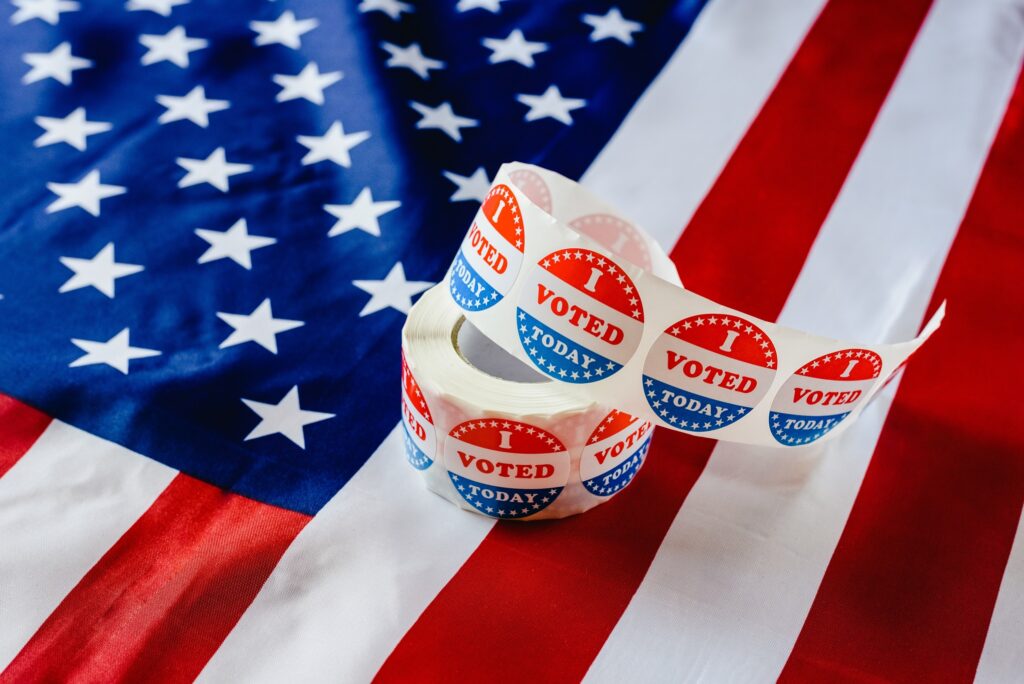Congress should put NSA back on target
Before Christmastime, hackers from Eastern Europe loaded malware onto big box store Target’s computers, collecting credit card information on millions of people. No one seriously disputes that what these hackers did was wrong. That data was given by customers to Target for a specific, authorized use, and misuse of that data was a breach of law and of trust, causing countless real problems.
That breach cost Target, customers and banks tens of millions of dollars, at least, and made future commercial transactions more difficult. Accounts had to be cancelled, losses written off, cards reissued, cyber-security beefed up and discounts offered to try to tempt customers back in the doors at a make-or-break time of year for retail. Even with those discounts, many customers adopted a “cash-only” policy, thus limiting the size of purchases.
Yet when the National Security Agency (NSA) cast an extremely wide net over the communications data of Europeans and Americans, among others, President Barack Obama curiously insisted in a speech last week that no wrong was committed. This in spite of the fact that the NSA collected data with few effective checks; that it cast a much wider net than Congress ever thought it authorized; that it listened in on the personal lines of foreign heads of state; that it lied to Congress; and that it still insists the man who brought this information to light ought to rot in jail.
Contrast public and private. If Target had engaged in a cover up of this magnitude, only grudgingly admitting that some mistakes had been made, it would be out of business and its executives might be facing jail time. And note that Target was one of the victims here, not the perpetrator. The NSA, which is responsible for a massive international scandal and a domestic constitutional crisis, is being defended stoutly by one of the most influential and powerful men in the world.
In his speech, President Obama defended the NSA by outlining some of the indisputable good that spying has done for us. He offered some concessions to ameliorate bad feelings. The United States, he said, would stop bugging dozens of foreign heads of state “unless there is a compelling national security purpose,” and would do less spying on those persons whose connections with known terrorists was truly tenuous.
The president promised to appoint advocates to appear before our secret surveillance court, which heretofore had given the government a green light on those few times the NSA had taken a break from hoovering up data to seek permission. He would tighten the way the government handles bulk data. And he promised to declassify a bit more material.
The changes were mostly cosmetic and unobjectionable. None of them justified a major address. President Obama asked the legislature for some tweaks and nodded to oversight occasionally but otherwise indicated that he has the problem well in hand.
He doesn’t. Evidence is mounting that the NSA conducted a massive spying operation on Americans from foreign outposts with almost total disregard for our Fourth Amendment rights.
Now it is Congress’ turn to step up. Senators and representatives ought to call more attention to government overreach here and use legitimate public outrage to chastise the NSA, toss some bad apples, and more sharply focus the agency’s means and mission. They would likely be doing U.S. intelligence capabilities a favor by screening out distractions. Too much information can be a bad thing, creating a dense fog that future enemies may slip through.






